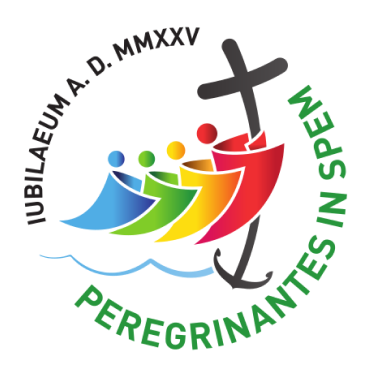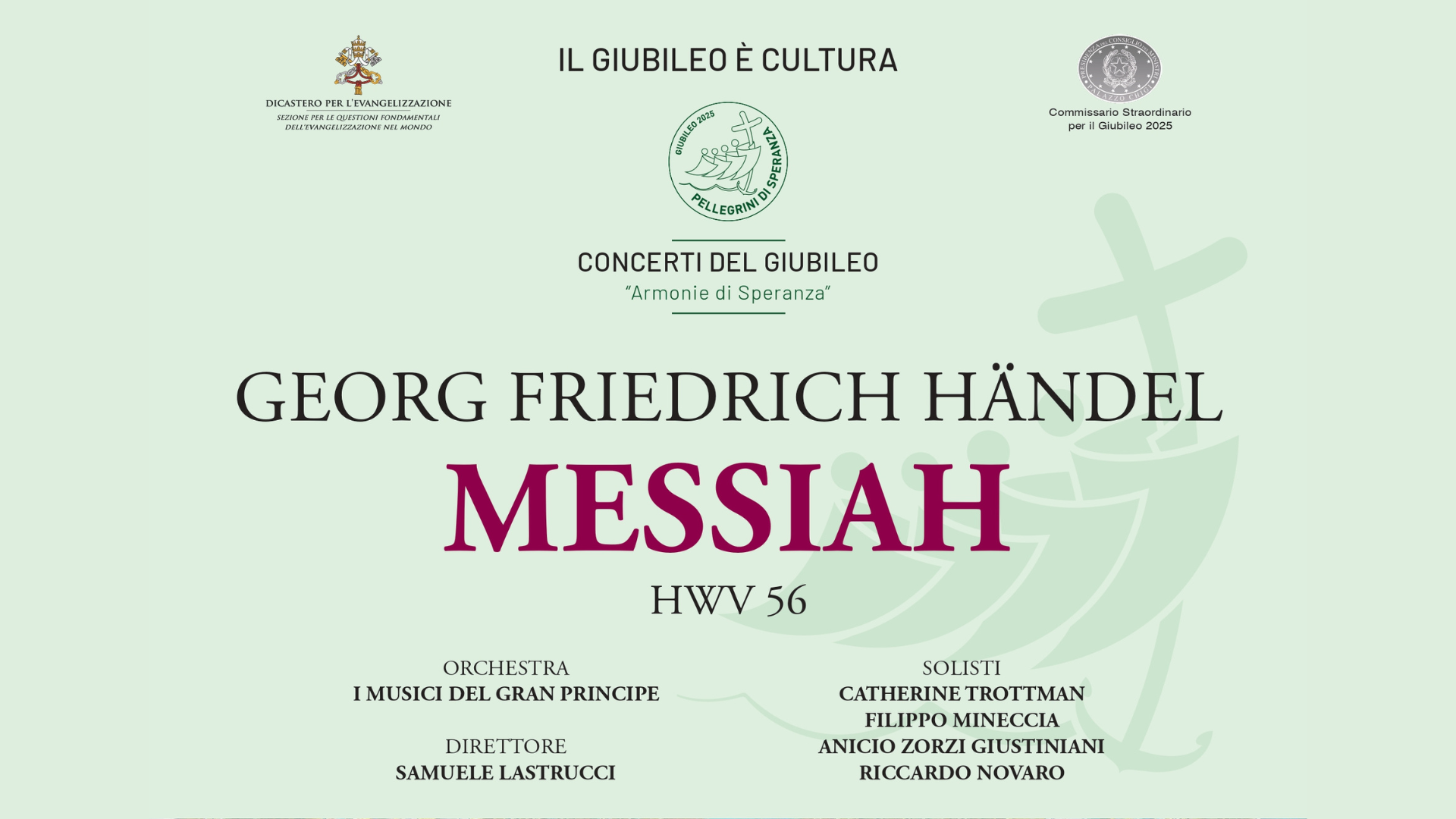On Sunday 28 April the Florentine Ensemble "Musici del Gran Principe" will perform Handel's Messiah at the Church of Sant'Ignazio in Rome
On Sunday 28 April, in the church of Sant'Ignazio in Rome, the second event of the season of concerts organized by the Dicastery for Evangelization in preparation for the 2025 Jubilee will be held.
The concert is one of a series of cultural events for the Jubilee program entitled, "The Jubilee is Culture", and comes from a very famous work by Georg Friedrich Händel - "Messiah". It will be performed by the Florentine Ensemble "Musici del Gran Principe" , directed by the young Maestro Samuele Lastrucci.
The Messiah is an oratorio in English, composed in 1741 by Handel, with a scriptural text elaborated by Charles Jennens.
The text of the work is taken entirely from the Bible (the Authorized Version of the Bible and the "Coverdale" translation of the psalms used in the Book of Common Prayer) using a sophisticated editing process based on books that are highly diverse in terms of chronology and literary genre.
The complex collage creates an epic celebration of the figure of the Messiah taken from the Old and New Testament, completely avoiding, unlike Bach's Passions, the presence of the character of Christ. Instead, there is an "oblique" representation of the figure of Jesus, though no precise historical reference is evoked, except for his birth. At the heart of the work is the drama of humanity's redemption, accomplished by a character never called by his historical name (the oratory is in fact entitled ‘Messiah’).
The author of the libretto is Charles Jennens (1700-73), a member of the Church of England, 15 years younger than Handel, who had been his fervent admirer since at least 1725. He had already written the libretto of the oratorio Saul for the composer and it is thought that he may also have written the innovative Israel in Egypt, in which the role of the choir is predominant. The Oratorio is divided into three parts covering the advent of the Messiah; his Passion, Death and Resurrection; and his glorious second coming.
The first performance took place in Dublin on 13 April 1742 and its London premiere was held almost a year later. After an initially tepid public reception, the oratorio gained in popularity, eventually becoming one of the best-known and most frequently performed choral works in the canon of Western music.
No tickets are required for the concert. Entrance to the performance is free until all seats are taken.


